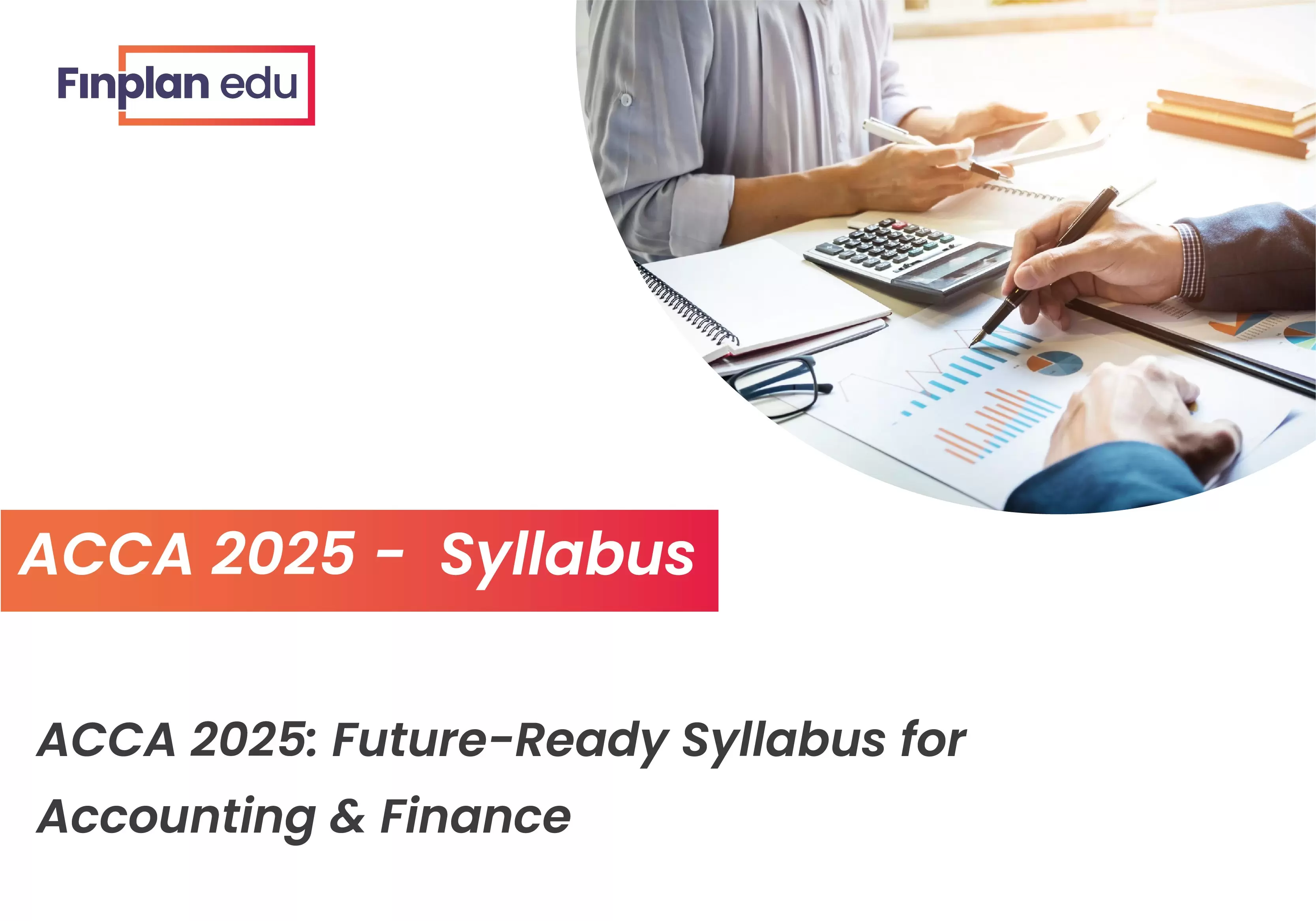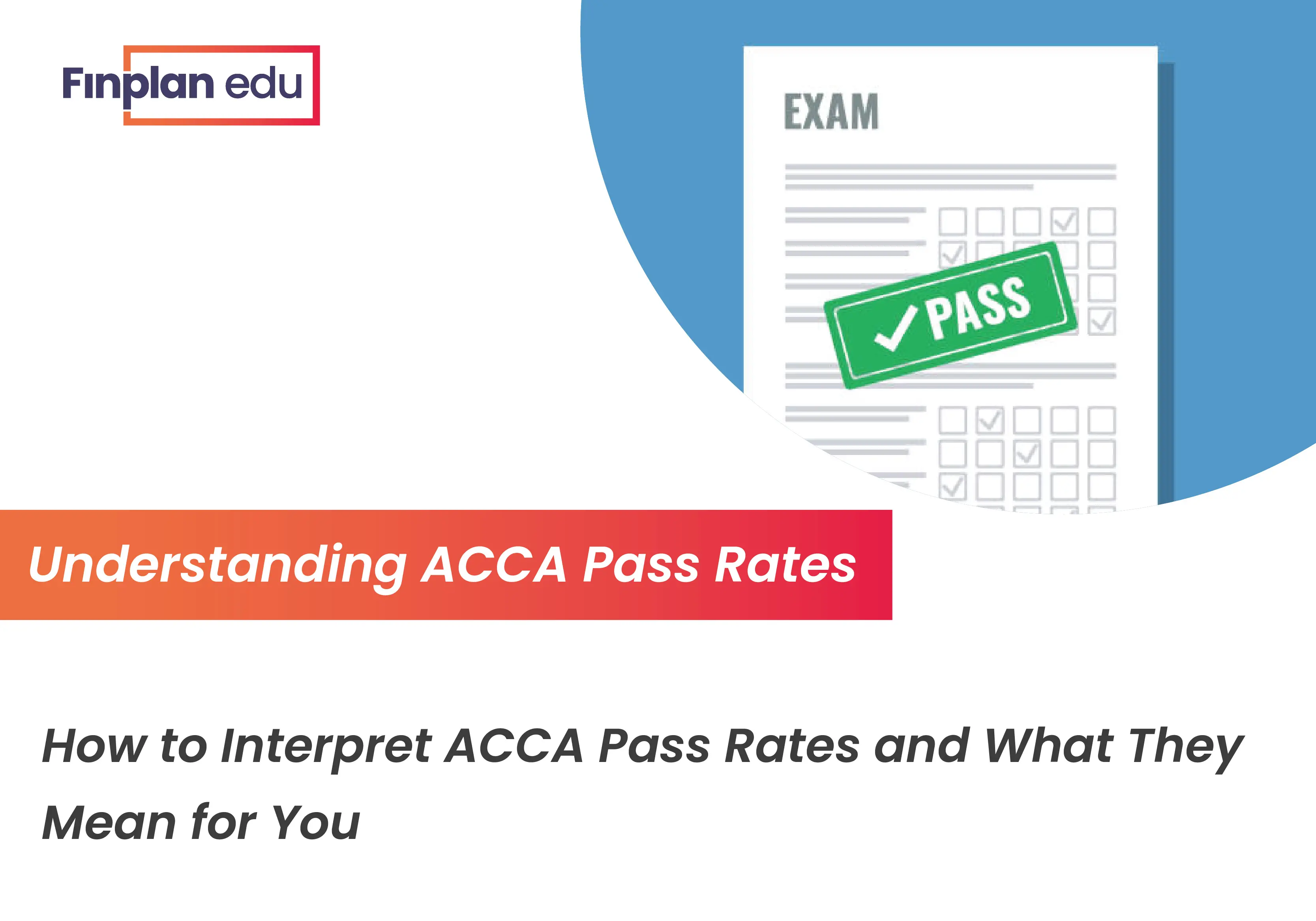The ACCA course syllabus is a carefully structured framework that builds a strong foundation in accounting and finance, while gradually introducing advanced concepts. Divided into three progressive levels—Applied Knowledge, Applied Skills, and Strategic Professional—the syllabus ensures a seamless learning experience. Each level has been designed to equip students with the essential skills needed to solve complex business problems and make informed decisions.
One of the standout features of the ACCA syllabus is its global relevance. By incorporating International Financial Reporting Standards (IFRS) and the latest industry practices, the syllabus prepares students for diverse opportunities in multinational corporations and financial institutions. Moreover, the focus on ethics and professionalism throughout the program ensures that ACCA professionals are not only technically proficient but also capable of making ethical decisions in a fast-paced and challenging environment.
Also Read: ACCA vs CFA: Comprehensive Guide to Choosing the Right Qualification for Your Career



